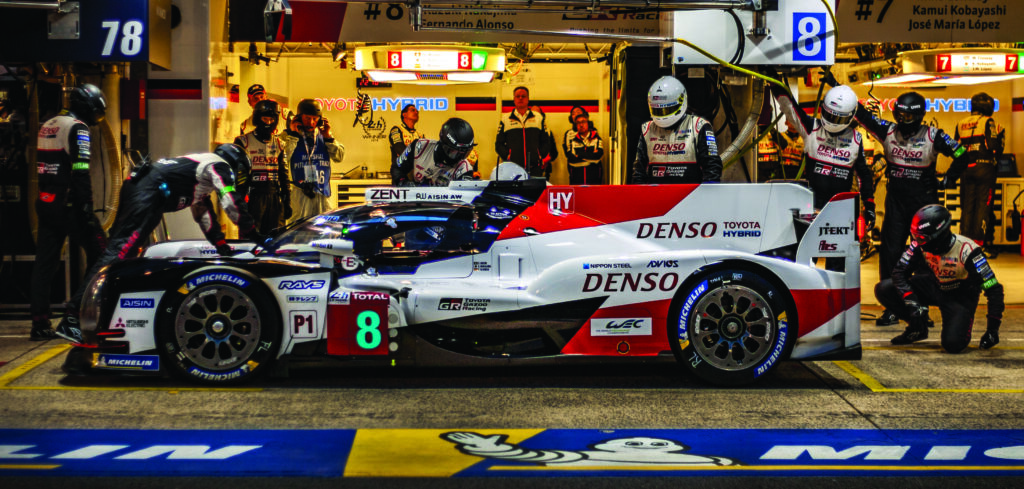“The preparation of a car for racing is largely a matter of compromise, as is, for that matter, all engineering. It is always a case of making the best use of the materials and time at hand, and bound up with this is the unfortunate problem of finance. How few people realize the cost of labor until they receive their account!
“In connection with this question of cost, it pays to think well into the future and arrange for the work to be carried out in such a way as to cut out the excessive amount of overtime which is worked in this racing game.”
Beyond the somewhat antiquated language, these could be the words of any contemporary, seasoned motorsport engineer. In fact, they were penned some 80 years ago in an essay on car preparation by Walter ‘Wally’ Hassan, his contribution to Earl Howe’s book titled simply Motor Racing.
Hassan also added the timeless caveat that, “Workmanship always deteriorates in proportion to the lateness of the hour worked, and the job suffers accordingly. Of course, on occasion it is found necessary to burn the midnight oil, and much good work has been done, but it is to be avoided if at all possible.”
As a young man, Hassan cut his teeth working at Bentley alongside drivers such as Woolf Barnato. He was involved with the company’s legendary Le Mans-winning cars including the 4.5-liter Old Mother Gun and its successor, Old Number One. He went on to serve stints at Jaguar and ERA, before spending time at Coventry Climax after World War II. There, alongside long-time colleague Harry Mundy, he was responsible for the FW (Feather Weight) fire pump engine, which morphed into the first Climax racing engines. He also developed the unraced Climax flat-16 for the 1.5-liter Grand Prix formula. One can only wonder what engineers of Hassan’s ilk would make of the current incessant creep of spec formulas and rule sets that stifle innovation.
Mind you, regulatory limitations and technological advances notwithstanding, Hassan would likely ‘get’ what it takes to win in the modern era. Take the root cause of Lewis Hamilton and Max Verstappen’s crash at Monza last year: botched pitstops. In the same essay, Hassan concludes, “A combination of first-class preparation, driving and pit management is necessary to win races at this time.”
Hassan’s approach to race car preparation and operation was highly respected by his peers, and the principles he laid down remain unchanged. It has been proved time and again that consistently excellent execution is what wins races and championships. One need only look at WEC returnee Peugeot’s previous sportscar effort to see this: despite generally having a faster car than its main competitor, Audi, it was denied many a victory due to operational deficiencies. The same could be said of Ferrari over recent Grand Prix seasons.
The motorsport landscape is changing rapidly, and there is a genuine concern that vital skills are being lost due to the lack of engineering diversity in many classes. However, there is much that would still be familiar to Hassan. The tools may have changed, but racing is still about balancing the always finite resources of time and money against the need to field a car and team that are as close to perfection as possible.



